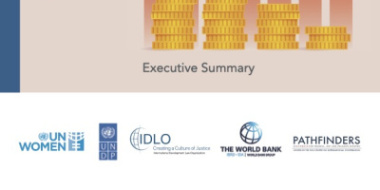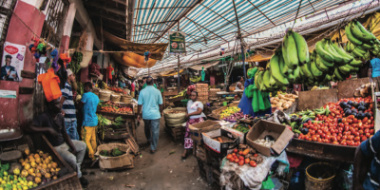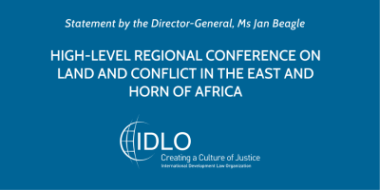The 2nd Generation of Rule of Law Reform
“How do we know when the rule of law works? What do we mean by justice?” opened IDLO’s Director of Research and Learning, Ilaria Bottigliero, at the expert roundtable, Critical Reflections on the 2nd Generation of Rule of Law Reform. “For IDLO, it’s when women have better access to justice in Afghanistan. It’s when citizens in Uganda have access to the medicine they need.









